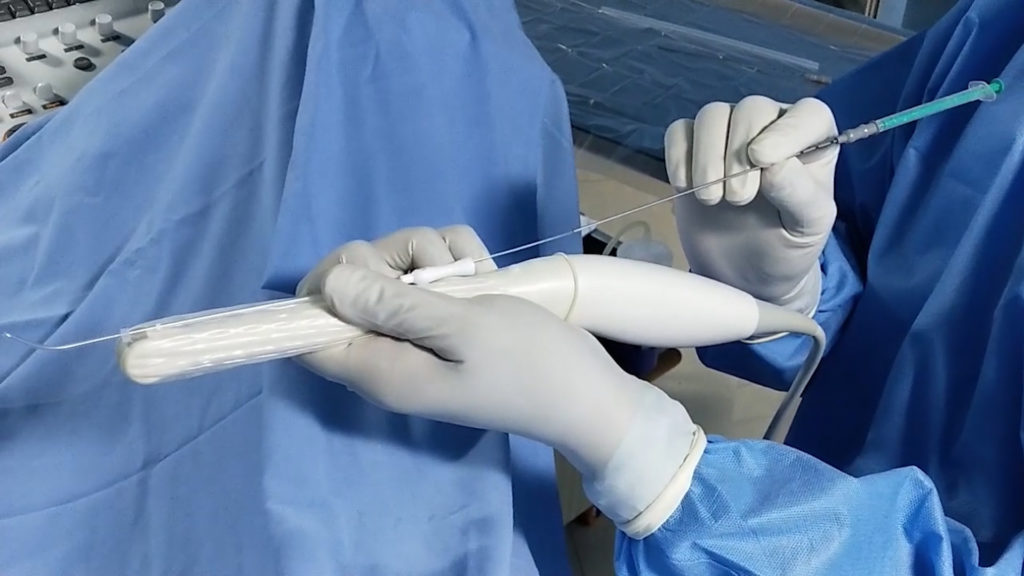If you’re pursuing parenthood through IVF, understanding what to expect after embryo transfer is crucial. The embryo transfer stage is a vital part of the process, and your body will undergo numerous changes during this time. Though every person’s journey is unique, several common symptoms indicate the body is adjusting to the transfer. Knowing what’s normal can ease anxiety and help you recognize signs of a successful implantation.
Normal Symptoms After Embryo Transfer
Following embryo transfer, various symptoms may arise as your body adapts to the changes. Most of these are normal as part of the process:
Spotting or Light Bleeding
It’s common to experience light bleeding or spotting, often indicating successful implantation. However, spotting may also result from the medications used in IVF. If the bleeding becomes heavy, it’s essential to consult your doctor.
Mild Cramping or Bloating
Mild cramping is typical, especially in early pregnancy, and can signal that the embryo is settling into the uterine lining. This cramping may also be a side effect of the progesterone treatments commonly administered during IVF. Bloating, another side effect of increased hormone levels, often accompanies this cramping.
Breast Tenderness
Tender or swollen breasts are often among the first signs of early pregnancy. Both natural pregnancies and those achieved through IVF can trigger this symptom. Hormonal shifts from IVF treatments can also make the breasts sensitive and painful.
Fatigue
Feeling unusually tired is common after embryo transfer due to the body’s changes and increased progesterone levels. Fatigue is an early pregnancy symptom that many experience after IVF.
Frequent Urination
This symptom can appear soon after embryo transfer, even before a positive pregnancy test. However, it varies in timing from person to person, with some noticing it later in pregnancy.
Mood Swings
Hormonal fluctuations from IVF treatments and early pregnancy often cause emotional ups and downs. Mood swings are normal, though they can be intense. Emotional support during this period can help alleviate stress.
When to Seek Medical Attention
While many symptoms are part of the normal IVF process, some require medical attention. Understanding when to call your doctor is vital to ensure everything is proceeding smoothly.
Severe Cramping or Heavy Bleeding
If cramping intensifies or bleeding becomes heavy, it could indicate complications. Light spotting and mild cramping are usually positive signs, but extreme symptoms necessitate immediate consultation with your doctor.
Fever or Vomiting
Fever and vomiting are often concerning signs. Severe nausea may suggest ovarian hyperstimulation syndrome, a condition that can result from IVF treatments. Fever could indicate infection, which must be addressed promptly.
Shortness of Breath
Ovarian hyperstimulation syndrome can also cause shortness of breath, requiring immediate medical intervention. Early action can prevent more severe issues from developing.
Managing Symptoms Post-Transfer
Post-transfer care is vital to improving your chances of successful implantation.
Rest and Relaxation: Take time off to rest after the transfer. Avoid strenuous physical activity for at least a few days.
Healthy Diet: Focus on a balanced diet rich in protein, healthy fats, and whole grains. Avoid processed foods and sugar.
Hydration: Drinking plenty of water supports bodily functions crucial to pregnancy.
Emotional Support: IVF can be an emotional experience. Lean on your support system and stay connected with your doctor.
Conclusion
Understanding what’s normal after embryo transfer can provide peace of mind during the IVF journey. Monitoring symptoms and maintaining open communication with your fertility specialist are key to ensuring a successful pregnancy.
